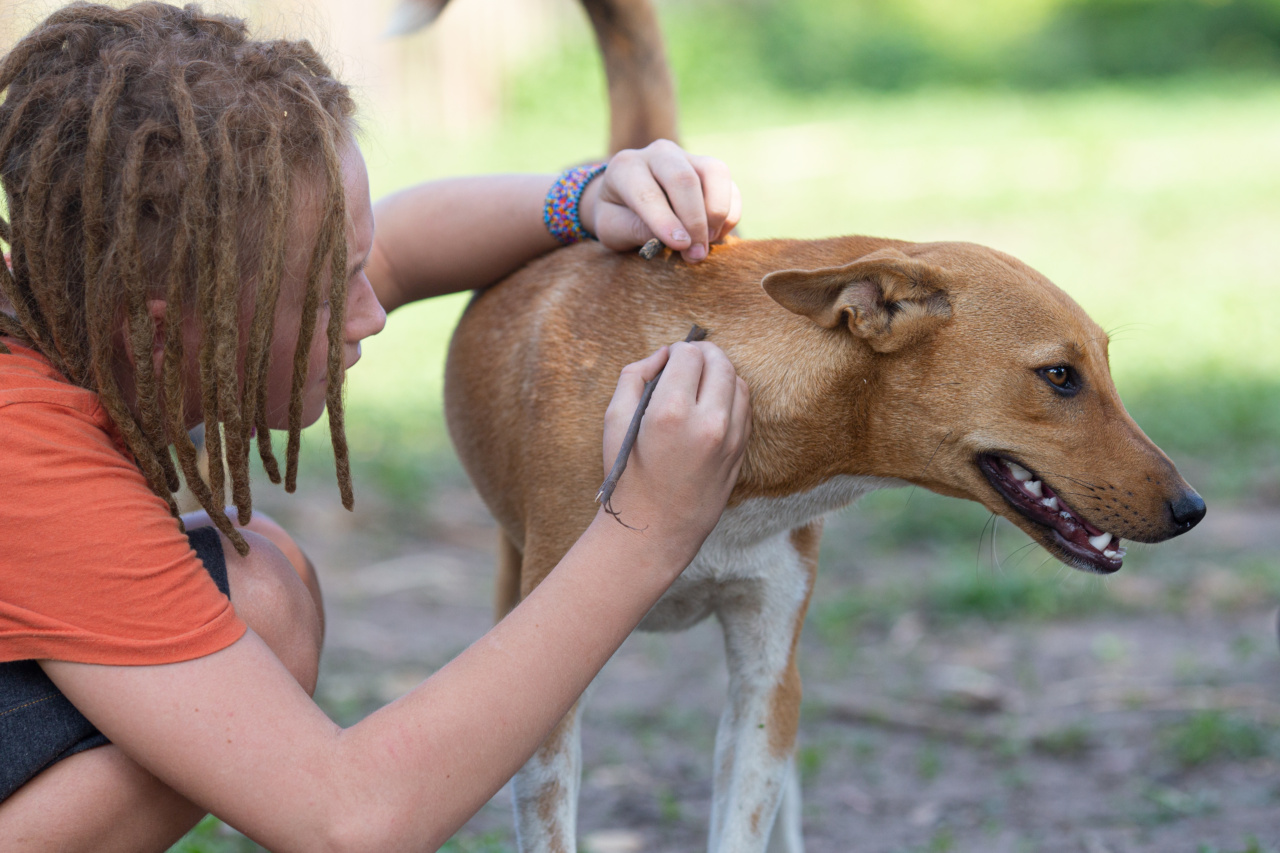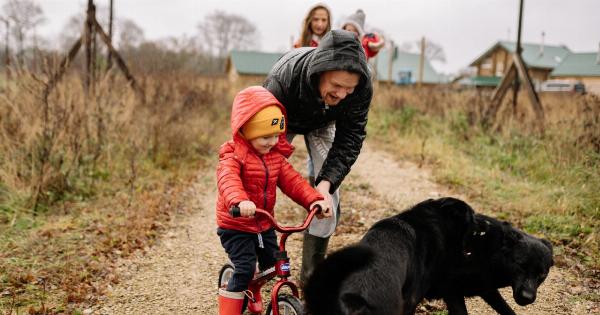Having a well-behaved and obedient dog is the dream of every dog owner. However, sometimes it can feel like your furry friend is constantly misbehaving, leaving you frustrated and wondering where you went wrong.
Before accusing your dog of being disobedient, it’s important to take a step back and consider whether your dog’s behavior is a result of your own actions or shortcomings.
Understanding Dog Behavior
Dogs, like humans, have their own unique personalities, instincts, and ways of expressing themselves. They rely on us, as their owners and caretakers, to provide them with the necessary guidance and training to thrive in our human world.
Dogs are social animals, and their behavior is heavily influenced by their environment and their interactions with humans and other animals.
It’s essential to understand that what may seem like misbehavior to us humans is often just a natural expression of their instincts or an attempt to communicate their needs and emotions.
Dogs do not possess the same social expectations and norms that we do, so it’s our responsibility to bridge that communication gap and guide them towards appropriate behaviors.
The Importance of Responsible Pet Ownership
Before bringing a dog into our lives, we must understand the commitment and responsibility that comes with pet ownership.
Dogs rely on us for their physical and emotional needs, and it’s up to us to ensure they receive proper care, training, and socialization. Responsible pet ownership starts with educating ourselves about our dog’s specific breed traits, exercise requirements, and training needs.
Oftentimes, what we perceive as misbehavior can be attributed to a lack of exercise, mental stimulation, or consistent training. Dogs need regular physical and mental exercise to keep them physically healthy and mentally satisfied.
When these needs are not met, they may resort to destructive behaviors or exhibit excessive energy in ways we consider misbehavior.
Additionally, providing proper socialization opportunities from a young age is crucial to prevent fear and aggression issues.
Dogs that are isolated or not exposed to various environments, people, and animals may develop behavioral problems due to lack of socialization.
The Role of Effective Communication
One of the main reasons dogs may appear to misbehave is a breakdown in communication between the owner and the dog. Dogs communicate primarily through body language, vocalizations, and scent.
They rely on these forms of communication to express their emotions, needs, and intentions.
As dog owners, it’s our responsibility to understand and interpret their communication cues effectively. Misunderstanding or misinterpreting their signals can lead to confusion, frustration, and undesirable behaviors.
By learning to recognize and respond appropriately to our dog’s body language, we can prevent or address many behavioral issues.
Clear and consistent communication also involves setting appropriate boundaries and expectations for our dogs.
Dogs thrive on structure and routine, so it’s crucial to establish consistent rules and reinforce them through positive reinforcement training. Rewarding desired behaviors and redirecting unwanted behaviors using gentle, positive methods helps create a harmonious relationship based on trust and respect.
Common Misconceptions about Dog Behavior
Many dog owners misinterpret their pet’s behavior, leading to unnecessary frustration and a strained relationship. To better understand your dog’s actions, let’s debunk some common misconceptions:.
1. Your Dog Is Not Being “Vindictive”
Dogs do not act out of revenge or spite. It’s important to remember that dogs live in the present moment and don’t hold grudges.
If your dog engages in unwanted behavior, it’s likely due to a lack of training, a need for attention, or an unmet physical or mental need.
2. Dominance Theory is Outdated and Ineffective
For a long time, the dominance theory suggested that dogs misbehave to establish dominance over their owners.
This theory has been debunked by modern research, and experts now agree that forcing a dog into submission or using harsh training methods can lead to fear and aggression issues.
3. Punishment Does Not Solve the Problem
Punishing your dog for misbehavior rarely solves the underlying issue. Instead, it can create fear, anxiety, and even worsen the behavior.
Positive reinforcement training, on the other hand, focuses on rewarding desired behaviors and ignoring or redirecting unwanted ones, providing a more effective and humane approach to training.
4. A Tired Dog Is a Well-Behaved Dog
While physical exercise is crucial for a dog’s overall well-being, it’s not the only factor. Mental stimulation through interactive toys, puzzles, and training exercises is equally important.
A bored dog is more likely to engage in destructive behaviors, regardless of how much physical exercise they receive.
5. Consistency Is Key
Consistency is vital when it comes to training and setting boundaries for your dog. Inconsistency in rules or expectations can confuse your furry friend and lead to inconsistent behavior.
Everyone in the household should be on the same page regarding training methods and rules to ensure a harmonious environment.
Seeking Professional Help
If you’re facing persistent behavioral issues or struggling to understand your dog’s behavior despite your best efforts, it’s advisable to seek professional help.
Professional trainers and behaviorists can provide guidance, assess your dog’s behavior holistically, and tailor a training plan to address specific issues.
Conclusion
Next time you think your dog is misbehaving, take a moment to reflect on your role as a responsible pet owner. Dogs rely on us for guidance, care, and training.
By understanding their natural instincts, providing proper exercise and mental stimulation, and practicing effective communication, we can create a harmonious relationship with our furry friends.
Misbehavior is often a reflection of unmet needs or miscommunication, rather than intentional disobedience.
By assuming responsibility for our dog’s behavior and taking proactive measures to address any issues, we can strengthen the bond with our beloved pets and ensure a joyful and fulfilling companionship.


























